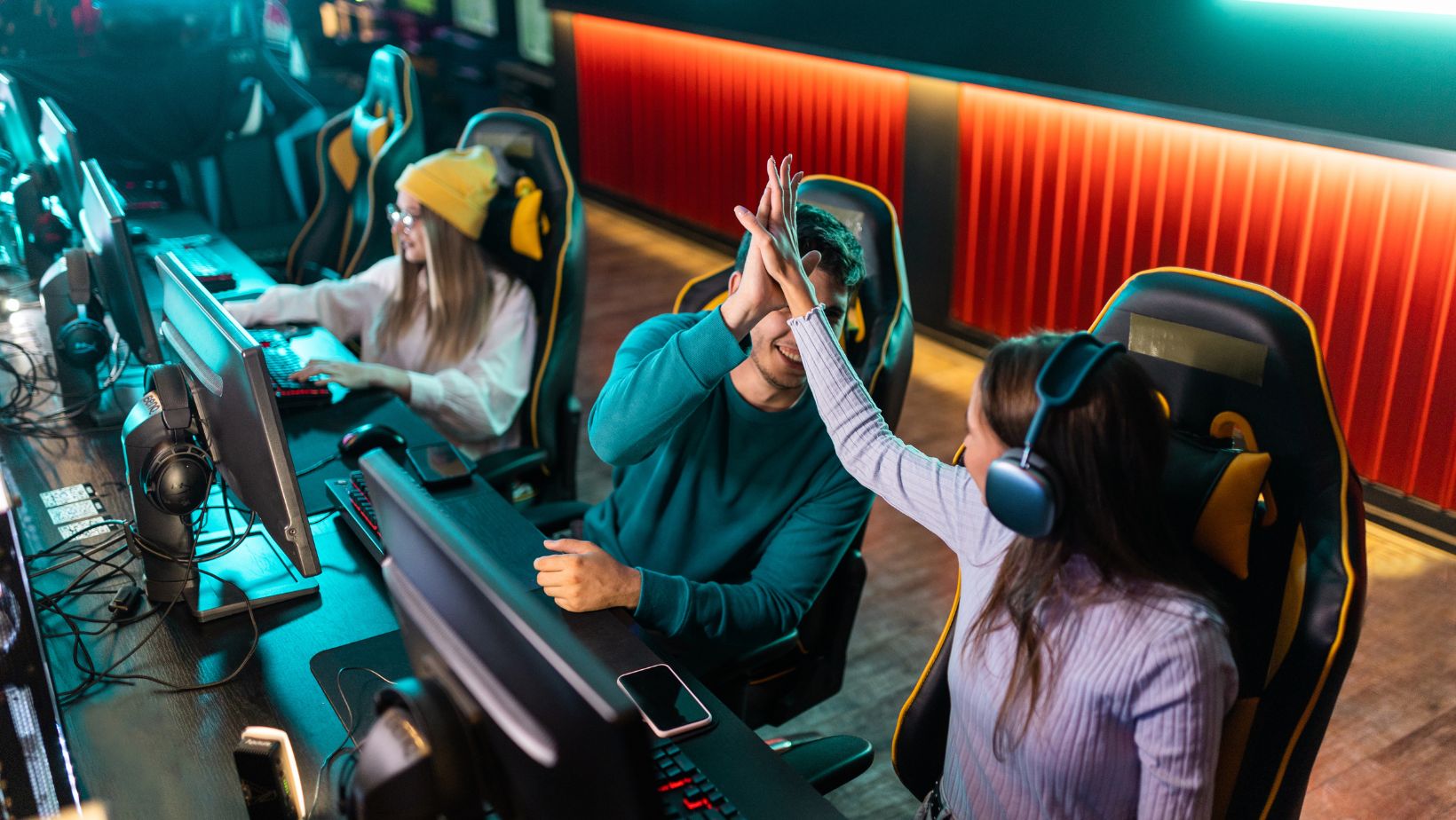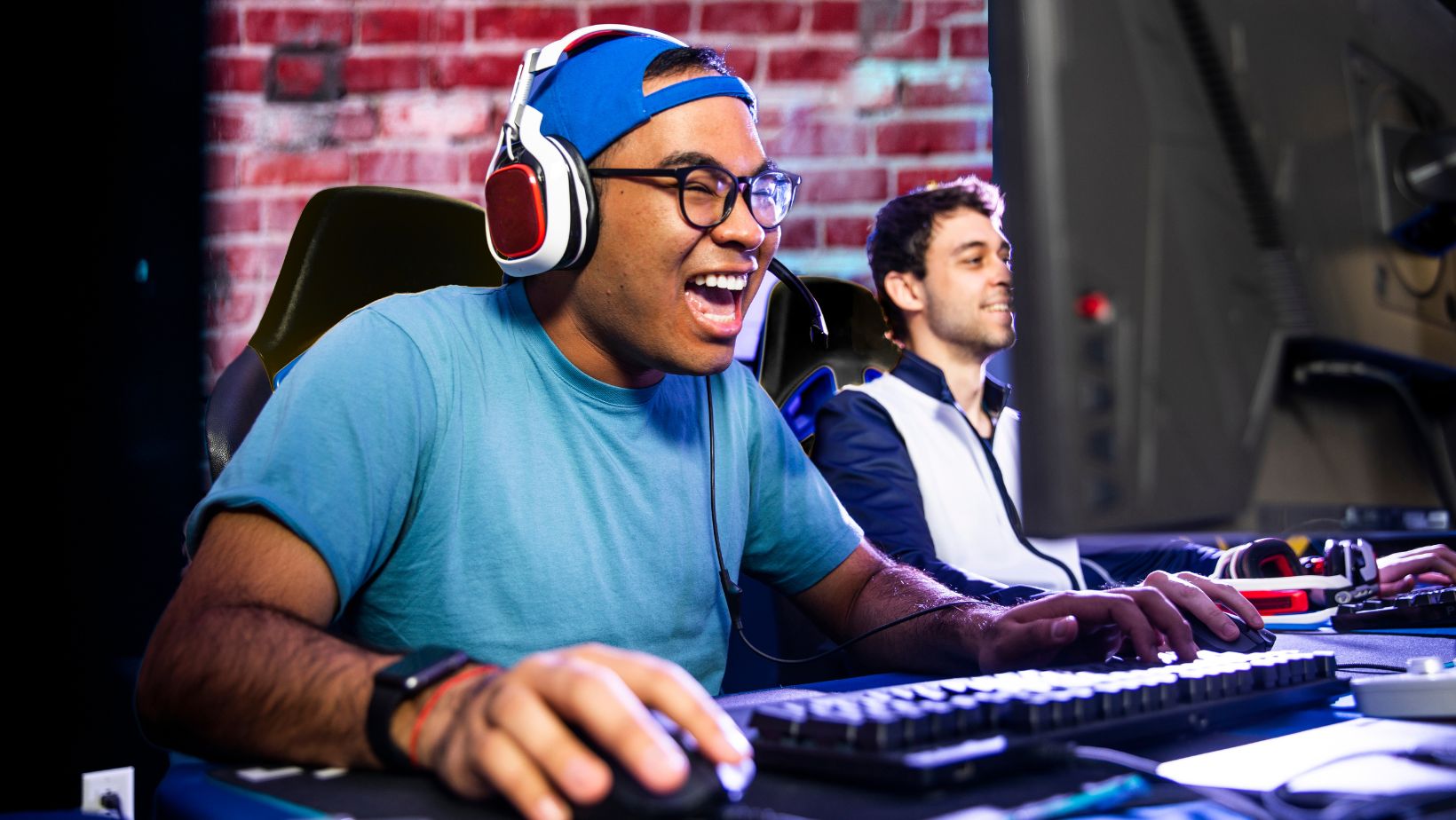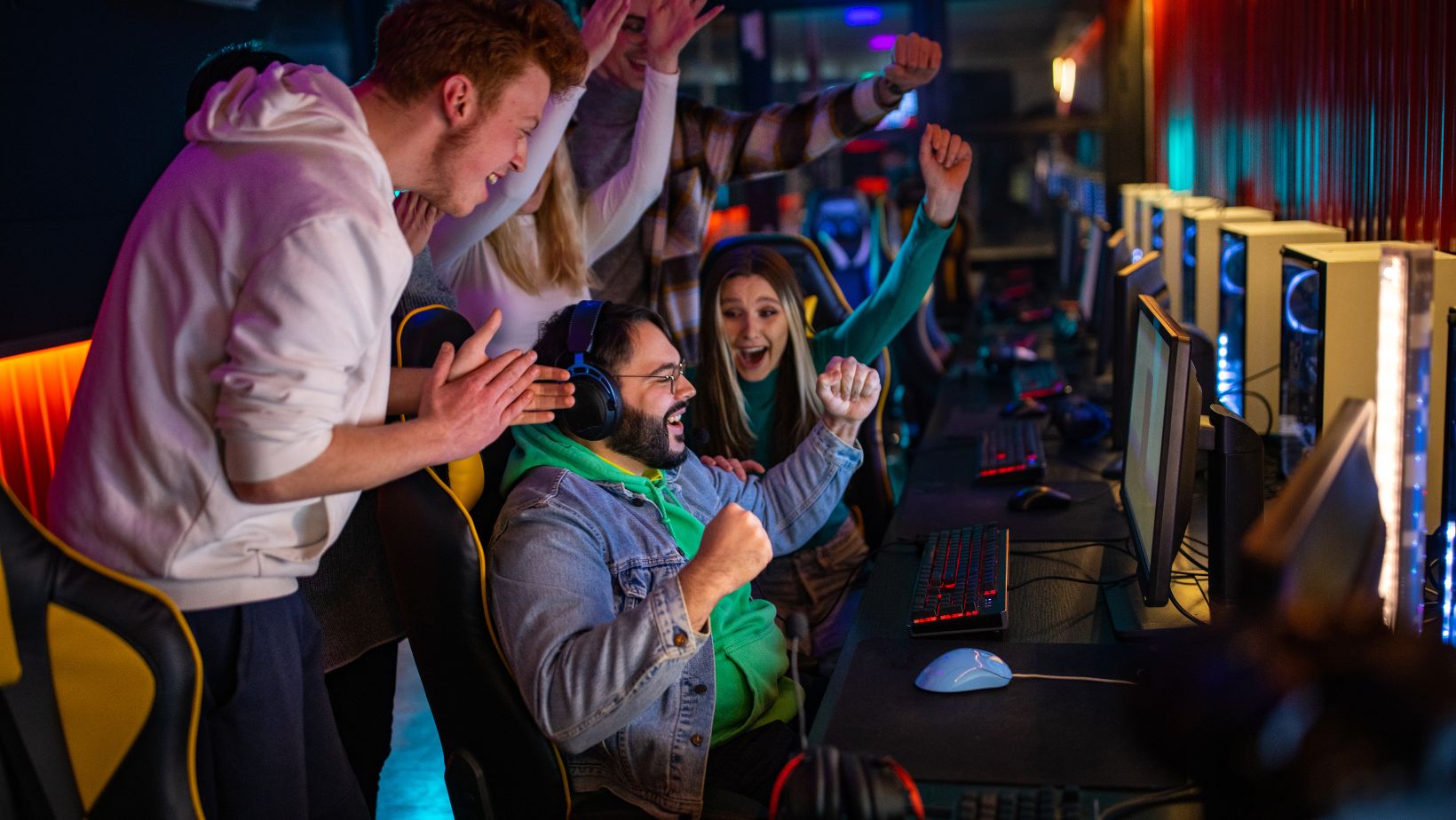
Developing Strong Correspondence Skills
In online gaming, communication is among the most fundamental components of collaboration. Whether planning an attack in a first-person shooter or allocating responsibilities in a multiplayer online battle arena (MOVA), participants have to clearly and quickly express their aims. Strategic pings, voice instructions, and in-game chat, among other things, serve to enable this connection. These games help users to learn the value of polite, timely, and succinct communication. Emphasizing the requirement of clarity and mutual understanding, misunderstandings or delays in transmitting knowledge could cause a loss.

Gamers grow to be active listeners and rapid responders over time, abilities equally relevant in social situations and businesses.
Understanding the Worth of Team Roles
Online games can designate players with distinct roles inside a team, including tank, support, or damage dealer, each with a special duty. Success relies on how well people do their duties and support the general direction of the team. This role-based approach reflects real-life situations in which companies depend on several skill sets to reach shared goals. Understanding their talents and constraints helps players to focus and contribute successfully. This promotes responsibility, as personal performance directly affects the performance of the team. Furthermore, it encourages players to value the efforts of others, therefore fostering cooperation and respect.
Versatility in Dynamic Surroundings
Usually, gaming environments are dynamic. Players encounter shifting circumstances, unanticipated difficulties, and opponent-based changing tactics. Teams who want to remain competitive have to be fast in changing their strategies on demand. This flexibility helps players to make under duress judgments and think critically. Should a pre-planned strategy fall short during a game, for instance, the team has to reorganize, assess the circumstances, and apply an alternative plan. Such events build resilience and problem-solving abilities, which are quite helpful in both personal and professional spheres.
Emotional Intelligence and Conflict-Resolving Skills
Competitive internet gaming will inevitably result in team strife. Arguments could develop on strategy, errors, or resource allocation.

Maintaining team cohesion and guaranteeing long-term success, however, depend on these tensions being resolved. Gamers pick up emotional control, conflict mediation, and the ability to put the group objective above personal grudges. Emotional intelligence—including empathy, self-awareness, and impulse control—is developed in part via these encounters. Effective conflict managers typically become leaders, directing their people to success and creating a pleasant environment.
Online gaming is a training ground for leadership, strategy, and teamwork, as well as a leisure pastime. With all skills with real-world relevance, players learn to interact effectively, accept different roles, and adjust to obstacles, dispute resolution, and strategic thinking. While thriving in online gaming takes a mix of individual talent and teamwork, mastering baccarat betting (แทงบาคาร่า) calls for both strategy and flexibility. The gaming sector will continue to be a useful venue for developing life skills that go well beyond the virtual battlefield as it changes.















